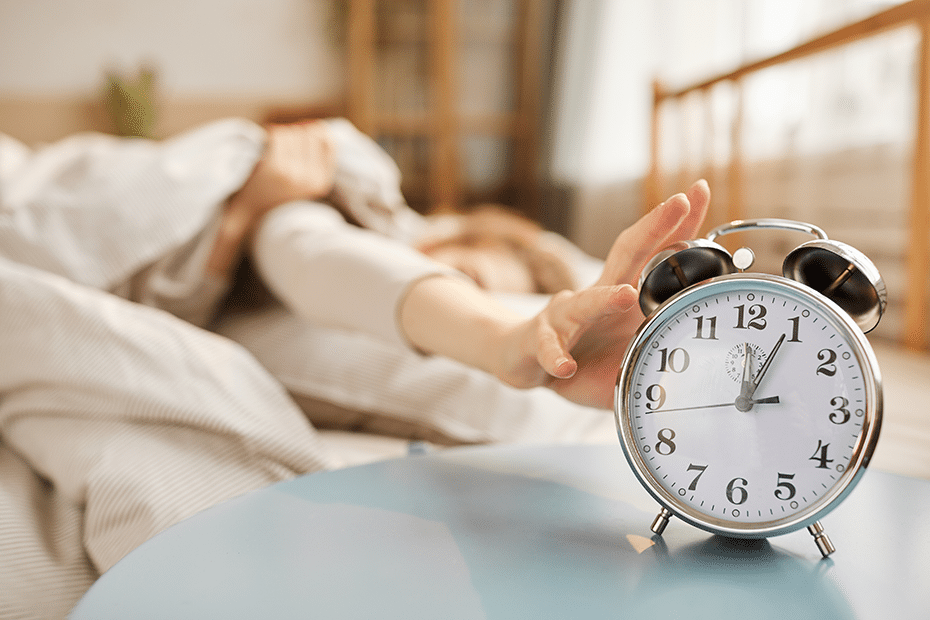Call Us At 519.672.5666
Insights & Articles
Time Change and Accidents

On November 7, 2021 at 2:00 a.m. the clocks will turn back one hour to 1:00 a.m.
Discussion surrounding Daylight Saving Time has grown in the last several years, for a multitude of reasons. One of those reasons is that the time change has corresponded with an increase in injury.
In a study conducted in 2014 by the University of Colorado, researchers found a 17% increase in traffic accident-related death on the Monday immediately following the spring time-change[1]. In another study conducted in 2007 by researchers at Carnegie Mellon University in Pittsburgh, researchers found that likewise, there was an increase in the number of pedestrians being killed by vehicles in the fall time-change[2].
However, motor-vehicle-related accidents are not the only accidents that tend to increase on the Monday following the time changes. Indeed, workplace-related accidents and injuries also increase. In research released in 2009, there was an increase of 5.7% in workplace injuries. What’s more, those injuries resulted in 68% more workdays being sacrificed, meaning the severity of those same injuries was much higher[3].
Many have tried to understand these statistics and their relation to daylight saving time, if any. It seems that a possible explanation could be that our bodies simply adapt to a routine on a day-to-day basis and even a small change, like being one hour off from the day prior, may throw the body for a loop.
How Can I Protect Myself?
- Leave yourself plenty of time to get through your day. Rushing through the day without taking the time to consider your actions can and does lead to an increased risk.
- When you are driving, make sure to stay alert, turn on your lights when necessary, and don’t drive tired. Remember that just because you’re alert, does not mean others are.
- Make sure to keep with your regular routine. Keep things as consistent as you can, your body is already trying to adjust.
- Make sure not to over-caffeinate to overcompensate for your change in sleep.
- If you are out and walking when it is dark, make sure to wear bright and/or reflective clothing so motorists can see you and make sure to be aware of your surroundings.
Stay alert and stay safe!
[1] “Debate Over Daylight Time Continues as Most of Canada Springs Forward this Weekend”. CBC News, March 11, 2016
[2] Ibid.
[3] Pepitone, Julianne. “Daylight Saving Time: 4 Surprising Health Effects of ‘Falling Back’. NBC News, November 1, 2018
Authors: Lawyer Lisa Fraser and Articling Student Audrey Monchamp

